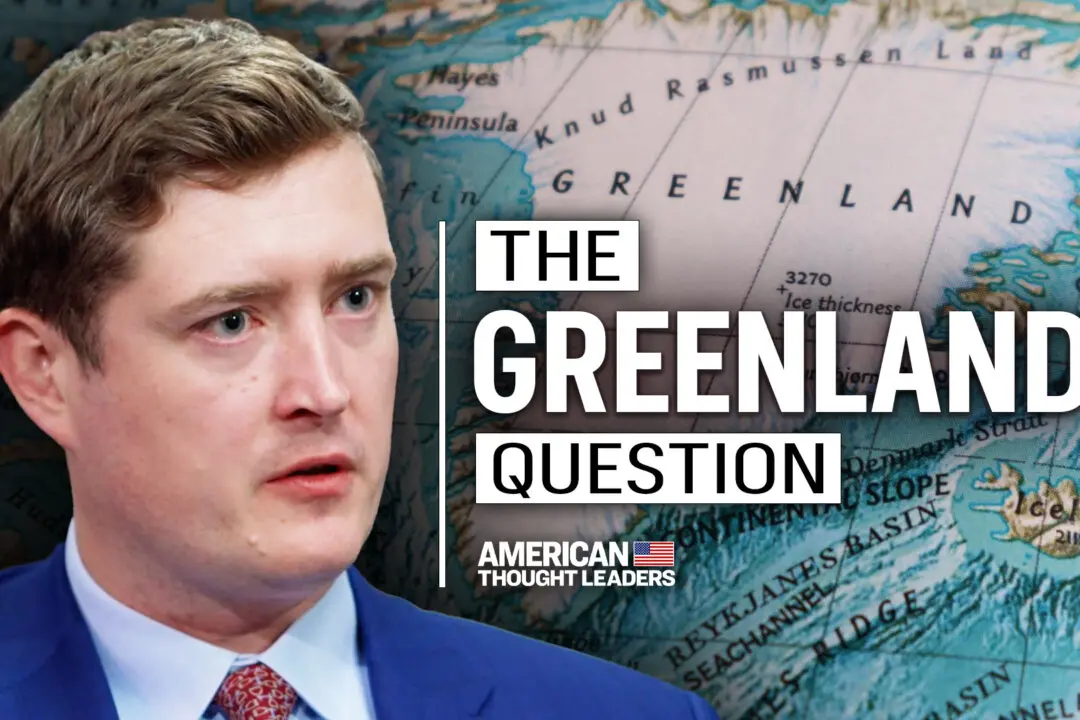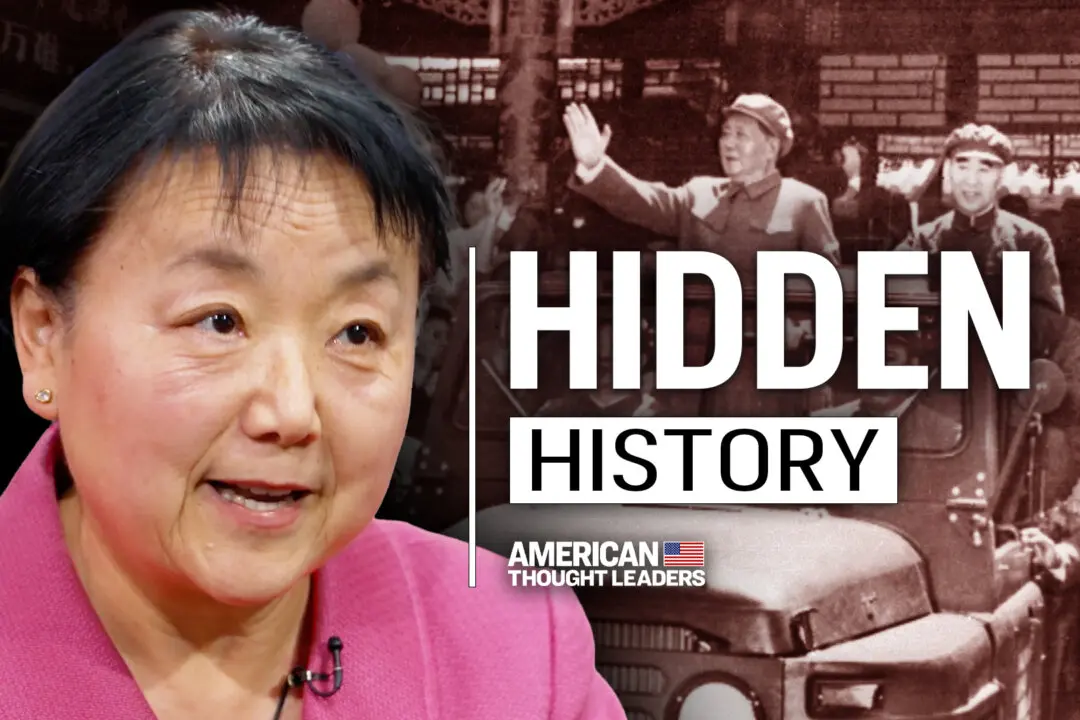Beijing’s delegation came to Alaska to “score a cheap propaganda” while trying to divert international attention away from the Chinese regime’s abuses, the China adviser to former Secretary of State Mike Pompeo says.
Last week, Secretary of State Antony Blinken and White House national security adviser Jake Sullivan held a two-day meeting in Anchorage, hosting their Chinese counterparts Foreign Minister Wang Yi and top diplomat Yang Jiechi.





